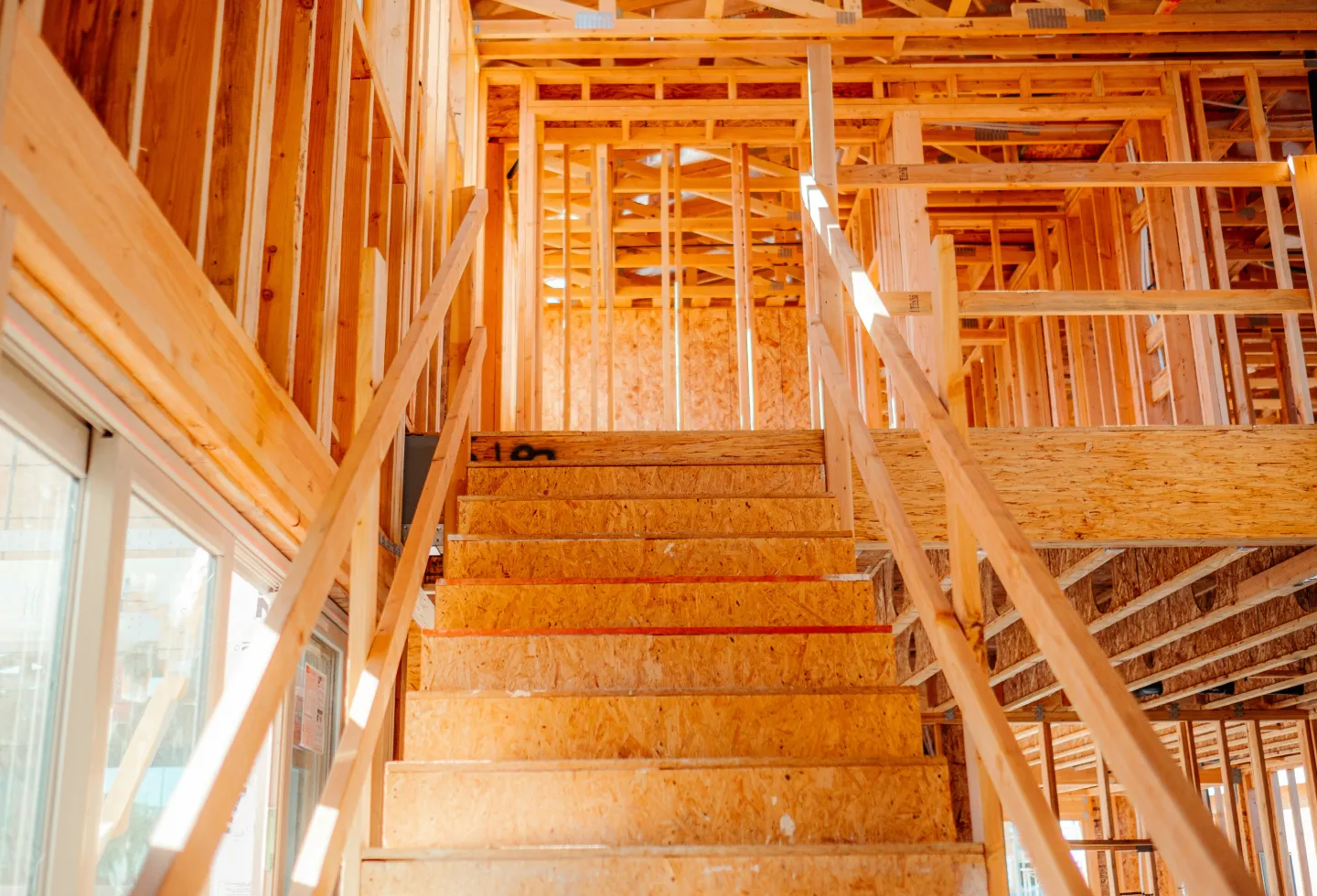Home improvements and repairs can be costly, but fortunately, government grants and programs are available to help ease the financial burden. However, what you may qualify for will depend on your needs and personal situation. This post will explore common grants and programs, as well as what to do if you're not eligible.
Who is eligible for government home improvement grants?
Eligibility for government home improvement programs ultimately varies depending on the specific grant or loan. Requirements generally include age, veteran status, income level, or the home's location—but they can also include protected groups, underserved communities, and more.
Programs and grants for home repairs or improvements
Section 504 Home Repair Program
Also known as the Single Family Housing Repair Loans & Grants program, it provides loans or grants to homeowners in eligible rural areas.
Low-income earners can qualify for a loan with a 1% fixed interest rate and a 20-year repayment term. The maximum loan amount is $40,000, which can be used to repair, improve, or modernize the property.
Grants are available for low-income earners aged 62 or older who need to remove health and safety hazards in their homes. Grants have a lifetime limit of $10,000 and don't require repayment—unless the house is sold in less than three years.
Eligibility:
- You must be the mortgage holder and occupy the house.
- You must live in a single-family home.
- You must be unable to obtain affordable financing.
- Your income can’t exceed the low-income threshold (by county).
- For grants, you must be age 62 or older.
HUD Title I Property Improvement Loan Program
If you don't qualify for traditional financing options, a HUD Title I Property Improvement Loan is worth exploring. It's not a grant, so you'll be on the hook for repayment, but it does help make borrowing more affordable and accessible.
The program issues loans to finance light or moderate property rehabilitation. The loan amount varies depending on property type, but you can expect a fixed low interest rate and repayment period of up to 20 years. One important consideration is that any loan over $7,500 must be secured by a mortgage or deed of trust on the property.
Eligibility:
- You must own the home.
- The property must have been built and occupied for a minimum of 90 days.
- Your debt-to-income ratio must be 43% or less.

Indian Housing Block Grant Program (IHBG)
The IHBG Program provides grants to tribes or tribally designated housing entities to carry out a range of affordable housing activities, including new housing construction, property rehabilitation, and housing services. Specifically, the program offers $60,000 for repairs or renovations to improve properties or ensure they're up to code.
Eligibility:
- You must be part of a federally recognized American Indian tribe or an Alaska native.
- You must live in an approved tribal service area.
- Your income cannot exceed a set threshold.
VA Specially Adapted Housing (SAH) Grant/VA Special Home Adaptation (SHA) Grant
The SAH Grant and SHA Grant are lifelines for veterans with specific service-related disabilities seeking to build or modify a home to meet their unique needs. The SAH Grant helps homeowners cover the cost of building, remodeling, or purchasing an adapted home up to $117,014. The SHA Grant can support homeowners with up to $23,444 toward the cost of buying, building, or modifying a home. Requirements vary slightly for each grant.
Eligibility:
- Beneficiaries must have a qualifying service-related disability.
VA Temporary Residence Adaptation (TRA) Grant
TRA Grants are designed for veterans temporarily living in a family member's home that doesn't accommodate their disability needs. Grants offer anywhere from $8,415 to $47,130 for home modification support.
Eligibility:
- You must qualify for the SAH Grant or SHA Grant.
- You don’t need to own a home.
Weatherization Assistance Program (WAP)
WAP helps low-income families make their homes more energy-efficient through improvements and upgrades. The offered weatherization services aim to help families reduce energy costs and enjoy better living conditions.
Eligibility:
- The program is based on income and prioritizes the elderly, disabled homeowners, and families with children.
- Your household income must be at or below 200% of the poverty income guidelines.
What to do if you don’t qualify
Though it’s disappointing not to qualify for support, it’s important to remember you still have options. You can check your local government for state-specific programs or use the National Residential Improvement Association to find relevant opportunities.
It may be worth waiting if you’re hoping to improve your home with non-critical upgrades. By improving your financial situation and budgeting, you can have access to more options and accomplish what you need to.
If your needs are urgent, consider leveraging a valuable asset at your disposal—your home equity. Home equity loans and HELOCs allow you to take advantage of your equity for cash. Both require sufficient equity and income to qualify.
Alternatively, a home equity investment (HEI) can also empower you to tap into your equity, and you’ll never have to worry about a monthly payment over a 30-year term. Qualifications are less stringent, which makes HEIs easier to qualify for if you have no income or poor credit. You can get an estimate without impacting your credit score.

Final thoughts
Home improvements and repairs are crucial for maintaining your home. Government programs can be an excellent resource if you qualify. If not, consider local community programs to find the support you need.
By taking advantage of these programs to make necessary updates and repairs, you can ensure your home remains safe, efficient, and comfortable for years to come.
No income? No problem. Get a home equity solution that works for more people.
Prequalify in 60 seconds with no need for perfect credit.
Show me my offer
Frequently asked questions

Thank you for subscribing!
.webp)















